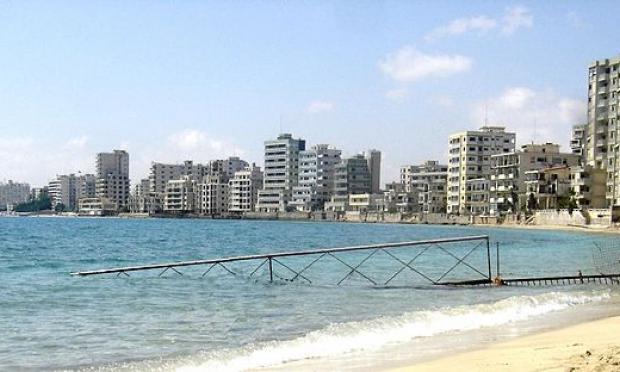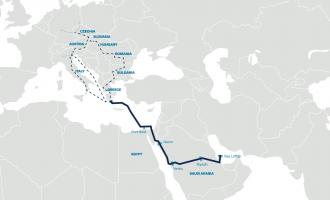According to an article by the reputable International Cypriot Media of CYPRUS MAIL, "The closed Famagusta beach is now confirmed to be open".
The following are listed below:
"A beach in Famagusta that was reportedly closed by the Turkish military has now been confirmed as open to the public.
The area, which stretches for three kilometers and lies between the popular Glapsides and Silver beaches near Famagusta, was reportedly closed to the public on Monday after the Turkish military acquired a building on the beach to house soldiers.
Local authorities maintained that the beach had never been closed, but that steps had been taken to outlaw the driving of quad bikes in the area to ensure the safety of soldiers.
However, local thinktank Magusa Inisyatifi confirmed on Wednesday morning that the beach is open with unrestricted access to the public."
Turkey continues its challenges
It is recalled that about 2 years ago, there was a similar incident with Cyprus asking the UN to intervene as the beach in the north was opened after 46 years
The area was cordoned off from 1974 onwards, when Greek Cypriots were forced to flee by Turkish invasion forces
For its residents at the time, what was once the island's most cosmopolitan resort has become an echo of the pain and frustration associated with the failure of peacemakers to resolve the Cyprus conflict.
Anna Maragou, a prominent Greek Cypriot archaeologist and historian whose family owned a seaside villa from which she and her relatives fled, was just 22 years old in 1974.
Then, like most Greek Cypriots, they left with only the clothes they were wearing leaving their homes, as heavily armed Turkish troops landed on the north coast of the island.
About 150,000 Greek Cypriots were displaced from their homes in the summer of 1974, never to return.
Ankara, which views the "peacekeeping operation" as one of its biggest military campaigns, says it sent forces to protect the country's Turkish Cypriot minority after Athens orchestrated a coup.
The opening of the Famagusta beach comes as Turkey pushes for a two-state solution on the divided island
The International community stands united against it, not recognizing the pseudo-state of ATTILA, proposing as the only acceptable solution that of a single state within the framework of a Bi-communal-Bizonal Federation.
Because the pseudo-state of the TRNC in the occupied territories is completely illegal
According to the provisions of article 185 of the Constitution of the Republic of Cyprus since its establishment, it is expressly stated:
"The total or partial union of Cyprus with any other state or separate independence is EXCLUDED".
Also, article 182 of the Constitution states "fundamental provisions of the Constitution cannot be modified by alteration, addition or repeal".
In general, the pseudo-state in the occupied territories is completely illegal since separate independence is excluded from the founding Constitution of Cyprus, and therefore any discussion about Erdogan's and Turkey's plans for two states on the island stops there.




